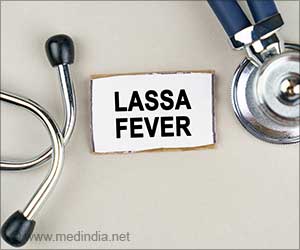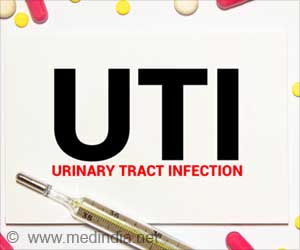Timing electrical stimulation to natural body rhythms, like heartbeat and breath, could lead to better treatment outcomes for those with neurological disorders.

Personalized auricular vagus nerve stimulation: beat-to-beat deceleration dominates in systole-gated stimulation during inspiration - a pilot study
Go to source).
‘Vagus nerve stimulation shows stronger effects when timed with heart contraction, while stimulation during diastole has little impact. #medindia #heartrate
’





Vagus Nerve Stimulation
Our bodies depend on the vagus nerve, which is the longest nerve in the parasympathetic nervous system, which is crucial for the accurate regulation of internal organs and blood flow.It also aids in recuperation and the recharging of the body's own reserves. Small electrodes in the ear can be used to activate the vagus nerve, stimulate the brain, and affect other bodily systems since a branch of the vagus nerve also runs straight from the brain into the ear.
“However, it turns out that this stimulation does not always produce the expected results,” says Prof Eugenijus Kaniusas from the Institute of Biomedical Electronics at TU Wien. “The electrical stimulation does not affect the nervous system at all times. You could say that the brain is just not always listening. It's as if there is a gate to the control centre of the nervous system that is sometimes open and then closed again, and this can change in less than a second.“
Five people have now been examined in a pilot study. Their vagus nerve was electrically activated to lower their heart rate. It is already known from previous studies that heart rate is a potential indicator of whether stimulation therapy is beneficial or not.
Importance of Timing in Vagus Nerve Stimulation
It was shown that the temporal connection between the stimulation and the heartbeat plays a decisive role. If the vagus nerve is stimulated at a rhythm that is not synchronised with the heartbeat, hardly any effect can be observed. However, if the stimulation signals are always applied when the heart is contracting (during systole), a strong effect can be observed – much stronger than if stimulation is applied during the relaxation phase of the heart, diastole.Advertisement
“Our results show that synchronising vagus nerve stimulation with the heartbeat and breathing rhythm significantly increases effectiveness. This could help to improve the success of treatment for chronic illnesses, especially for those who have not previously responded to this therapy for reasons that are as yet unexplained,” says Eugenijus Kaniusas.
Advertisement
“This technology could be an effective and non-invasive way of modulating the autonomic nervous system in a targeted and gentle manner - a potential milestone in the neuromodulatory treatment of various chronic diseases,” believes Dr Joszef Constantin Szeles from the Vienna Private Clinic.
Reference:
- Personalized auricular vagus nerve stimulation: beat-to-beat deceleration dominates in systole-gated stimulation during inspiration - a pilot study- (https://www.frontiersin.org/journals/physiology/articles/10.3389/fphys.2024.1495868/full)
Source-Eurekalert









